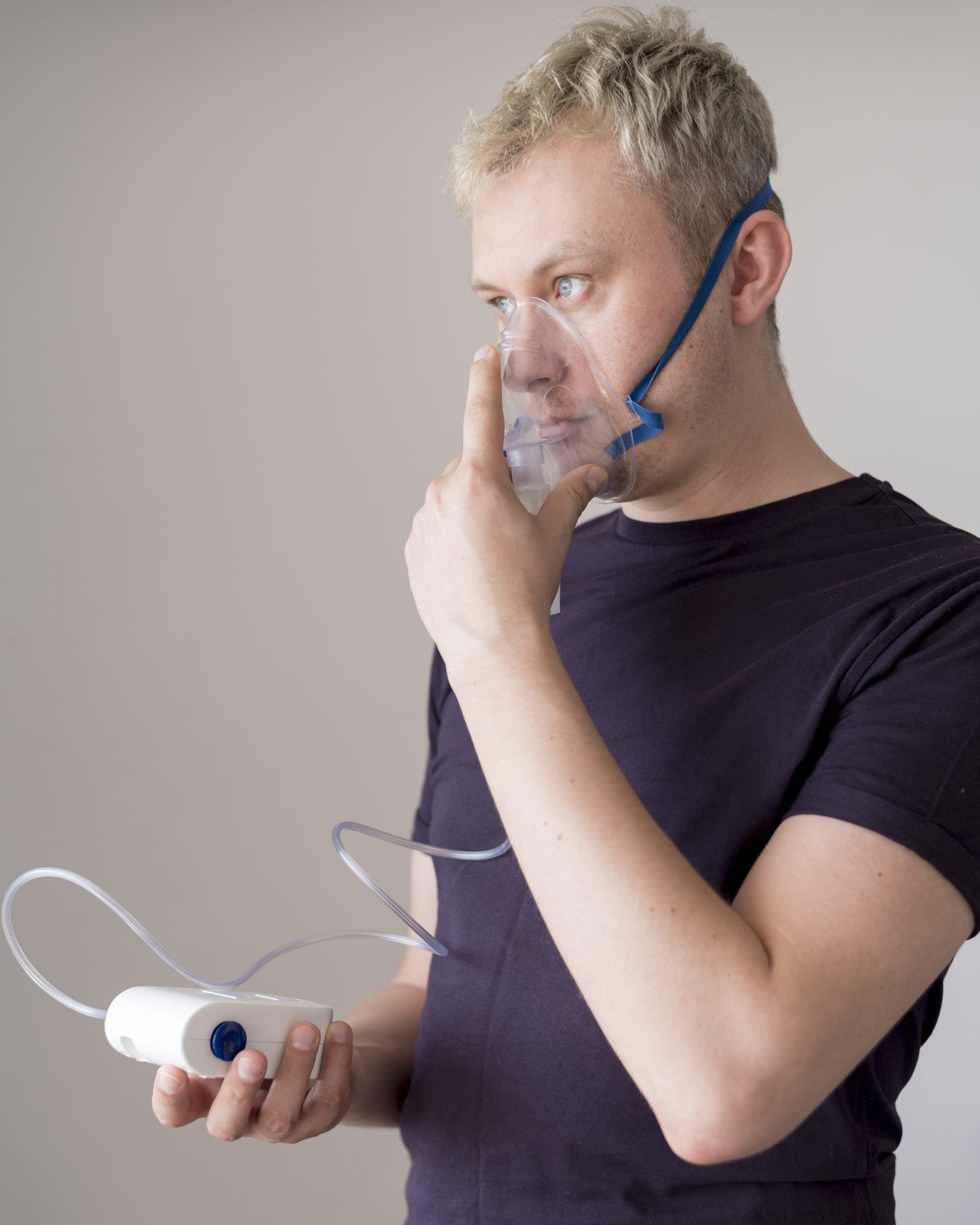The 2002-2003 outbreak of severe acute respiratory syndrome (SARS) was a global health crisis that affected over 8,000 people in 29 countries, resulting in 774 deaths. The outbreak began in Guangdong Province, China, in November 2002 and quickly spread to other parts of the world, including Hong Kong, Singapore, and Canada.
The outbreak had a significant impact on the global economy, particularly in the affected regions. In Hong Kong, for example, the tourism industry was hit hard, with many hotels and restaurants forced to close due to a lack of customers. The outbreak also had a significant impact on the airline industry, with many airlines canceling flights to affected regions.
The outbreak also had a significant impact on healthcare systems in affected regions. Hospitals and healthcare workers were overwhelmed by the number of patients, and many healthcare workers became infected with the virus themselves. In Hong Kong, for example, over 1,700 healthcare workers were infected with SARS, and 8 of them died.
The outbreak also had a significant impact on the mental health of those affected. Many people were afraid to leave their homes or go to work, and there was a sense of panic and uncertainty in affected regions. The outbreak also had a significant impact on the families of those who died from the virus, many of whom were unable to say goodbye to their loved ones due to quarantine measures.
Despite the devastating effects of the outbreak, there were also some positive outcomes. The outbreak led to significant improvements in global health preparedness, with many countries implementing measures to prevent the spread of infectious diseases. The outbreak also led to significant advances in medical research, with scientists working to develop new treatments and vaccines for SARS.
In conclusion, the 2002-2003 outbreak of SARS had a devastating impact on the global economy, healthcare systems, and mental health of those affected. However, it also led to significant improvements in global health preparedness and medical research. As we continue to face new and emerging infectious diseases, it is important to remember the lessons learned from the SARS outbreak and to continue to work together to prevent the spread of infectious diseases and protect public health.










